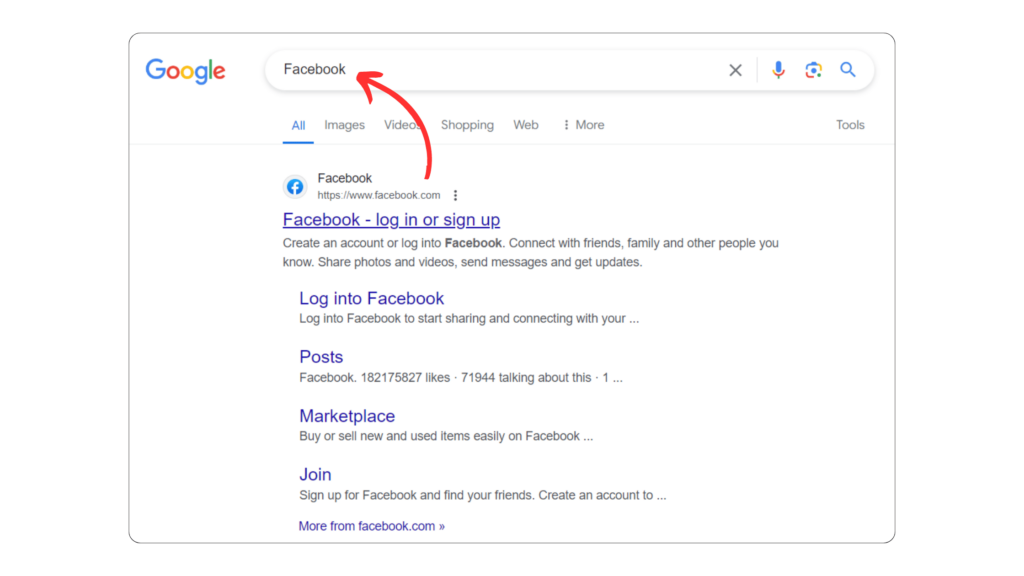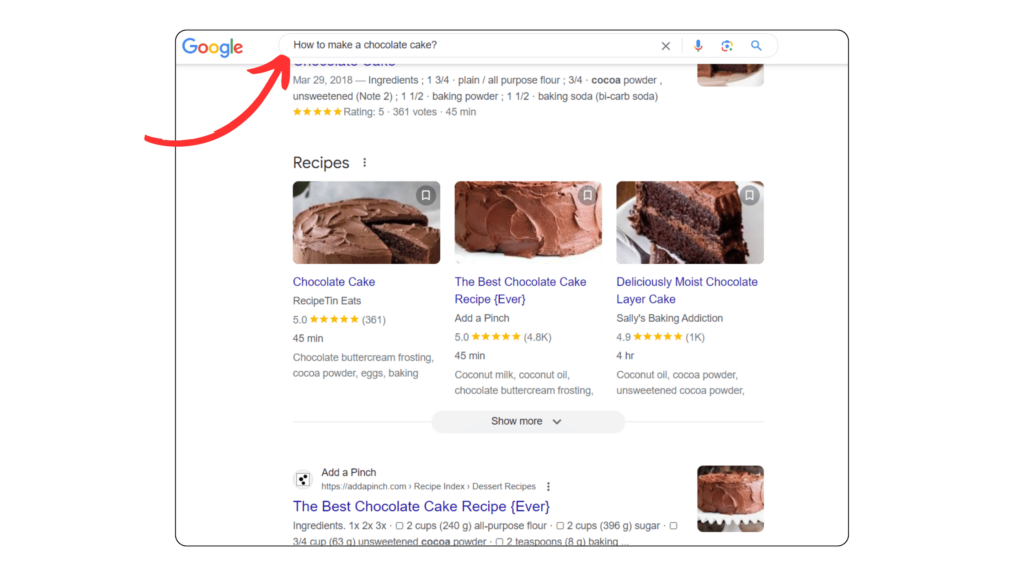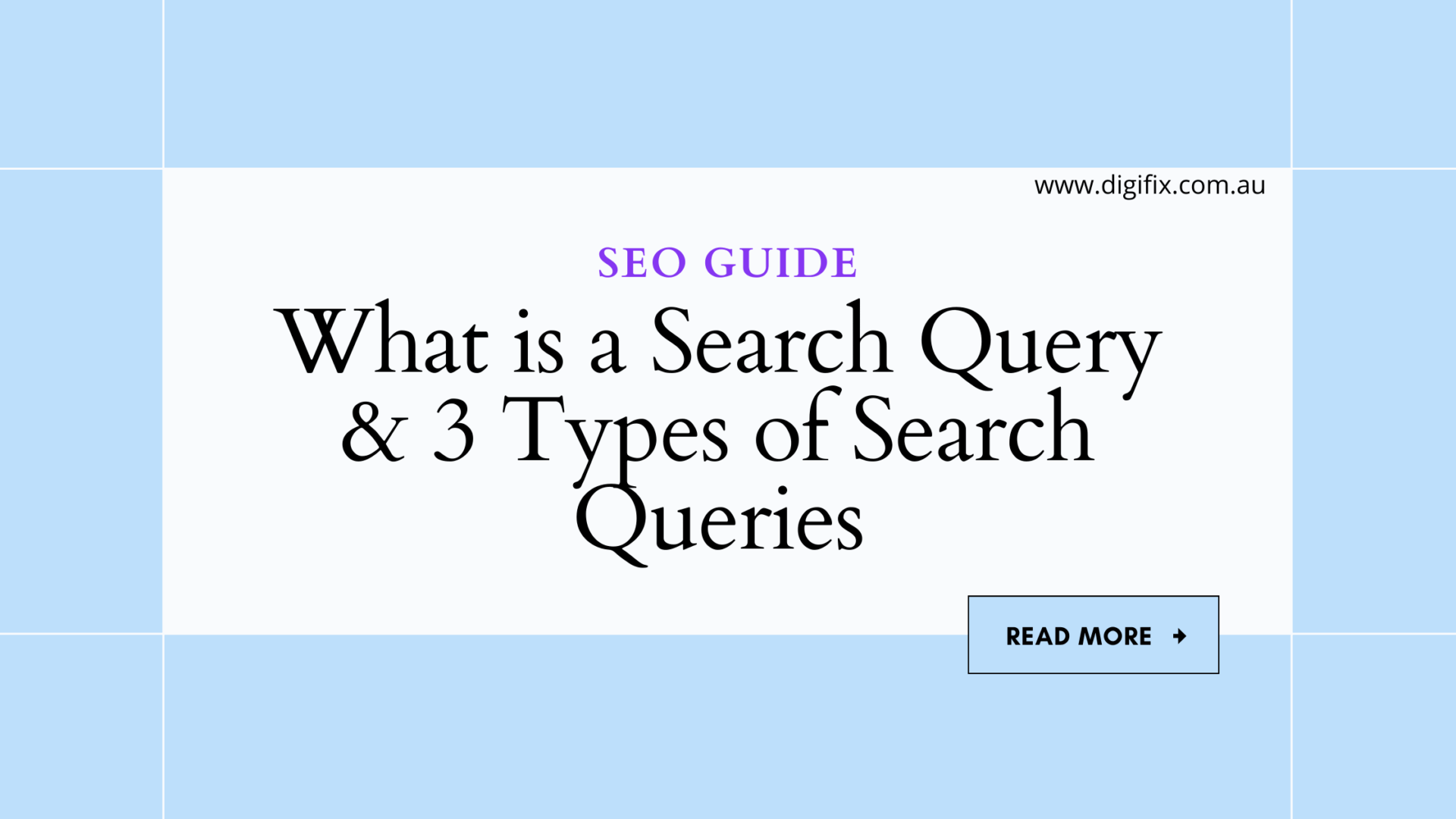If you are someone who is learning SEO or involved in SEO, “Search Query” is something you will hear all the time! So, what exactly is a Search Query? Let’s find the answers to What is a Search Query? and What are the types of Search Queries?
What is a Search Query?

A search query or a search term is a word or a set of words entered into a search engine to find specific information, products, or services on the Internet. It’s essentially the question or phrase you type into the search bar when you’re looking for something online.
For example, imagine you’re planning a vacation and want to find the best deals on flights to Hawaii. You can use a search engine like Google and type in a search query such as “Cheap flights to Hawaii in July 2024.”
When you press enter, the search engine processes this query and returns a list of web pages that it believes are relevant to your request.
Search Queries used by internet users are constantly evolving. When new technologies and trends appear, users’ search habits change and search engines have to adjust to stay current. That means businesses and website owners must stay informed about the latest search query trends to remain competitive.
Main Types of Search Queries
Now that you know what a Search query is, it’s time to learn the types of Queries. There are three main types of search queries, based on the search intent of an internet user. Understanding the different types of search queries is essential for SEO professionals and content writers to get the maximum outcome for their efforts.
1.Navigational Search Queries
People use Navigational search queries when they have a specific website or web page in their minds. Instead of typing the URL, they type a navigational search query quickly. These searches are highly branded. That means the person already knows the name of the website they want to visit.
For example, if someone types “Facebook” into the search bar instead of entering the Facebook URL directly into the browser, it’s a navigational search query. In this case, the user is clear about their intention to visit the Facebook website.

The most common navigational search terms on Google are “Facebook” and “YouTube.”
Can you target navigational keywords?
Unless you are the owner of the website or web page the user is looking for, you don’t stand a chance to target a navigational query!
Targeting navigational search queries can be challenging because they are brand-specific, and users already know which website they intend to visit. If your website isn’t the one they are looking for, you won’t meet their needs.
Make sure that your website appears at the top of search results for the navigational queries related to your brand. Using descriptive and branded page titles, meta descriptions, and URLs will help users quickly recognize your website in search results.
2.Informational Search Queries
Informational Search Queries are terms that people use to find information or how to do something. People use informational queries to learn about something and improve their knowledge.
For example, “How to make a chocolate cake?” or “Symptoms of the common cold” are informational search queries.

How to Target Informational Search Queries?
Targeting informational queries is not that challenging if you know how to do it properly. Create content that answers burning questions of people or provides valuable information through your content.
Here are some content creation strategies to target informational search terms through your content:
Write Informative Blog Posts:
Create blog posts with tips and guidance that your potential customers might find useful. For example, if you are a PR consultant, you could write a blog post on how to create an effective press release.
Produce How-To Videos:
Create instructional videos relevant to your business. Let’s say you’re a fitness trainer specializing in bodyweight exercises. You could create a video tutorial on a proper push-up with different variations and tips for beginners.
Share Detailed Step-by-Step Guides:
Write comprehensive guides that explain processes related to your field. A good example is DigiFix’s guide to SEO, which thoroughly covers the basics of search engine optimization.
Design Informative Infographics:
Create infographics that visually explain concepts or processes. Infographics are also highly shareable, which can extend your reach.
Answer Common Questions:
Address frequently asked questions in your content to directly meet the needs of users searching for answers. This can include FAQ sections on your website or detailed blog posts that cover common queries in your industry.
The key to targeting informational queries is to create valuable, trustworthy content that meets the needs of users. By doing so, you build brand awareness and set yourself as an authority in your field, increasing the likelihood that users will turn to you when they need your products or services in the future.
3.Transactional Search Queries
A transactional search query is a search term that shows the user’s intention to carry out a transaction, like buying a product.
Transactional search queries come in a few forms:
- They can involve a brand and its product (like “Nike sports shoes”),
- A general product search (such as “sports shoes”),
- Transactional phrases (like “buy sports shoes” or “purchase sports shoes”).
It’s common for these searches to display ads since the users are ready to buy.
How to target Transactional search queries?
Optimizing your product pages will be helpful to display them for transactional search queries. Optimizing your pages involves integrating relevant keywords and enhancing the shopping experience on your site to encourage more people to purchase your products.
Additionally, investing in local SEO can increase opportunities for transactional queries by helping you adapt to the vertical searches that people conduct on search engines.
Why are search terms important for search engine marketing?
All search engine marketing (SEM) campaigns revolve around search terms or keywords. Understanding the exact phrases users enter into a search engine’s search box enables you to tailor your campaigns to better meet their needs and intent.
When you know what users are searching for, you can adjust your content, ads, and keywords to attract the right audience and enhance your campaign’s effectiveness. This ensures that your SEM efforts are more targeted, relevant, and successful in driving traffic and conversions.
We hope you got a clear understanding about What is a Search Query and the types of search queries through this blog article.
Are you looking to grow your online presence and drive more sales? It all starts with appearing in the right search queries. Optimizing for Google searches can skyrocket your website traffic and lead generation.
At DigiFix, we’re masters at optimizing search queries, with over a decade of proven experience. Our expert SEO team will fine-tune your website to rank higher in relevant searches, ensuring that you attract the right audience to your site.
Don’t miss out on valuable opportunities to convert leads into sales. Contact us today for a free consultation and let us help you unlock the full potential of your online presence!
Do you want more traffic?
—————
Hi, we are an Australian digital agency doing groundbreaking work to help a business like yours reach its full potential. My only question is will you qualify for our services?
Do you want more traffic?
—————
Hi, we are an Australian digital agency doing groundbreaking work to help a business like yours reach its full potential. My only question is will you qualify for our services?





0 Comments